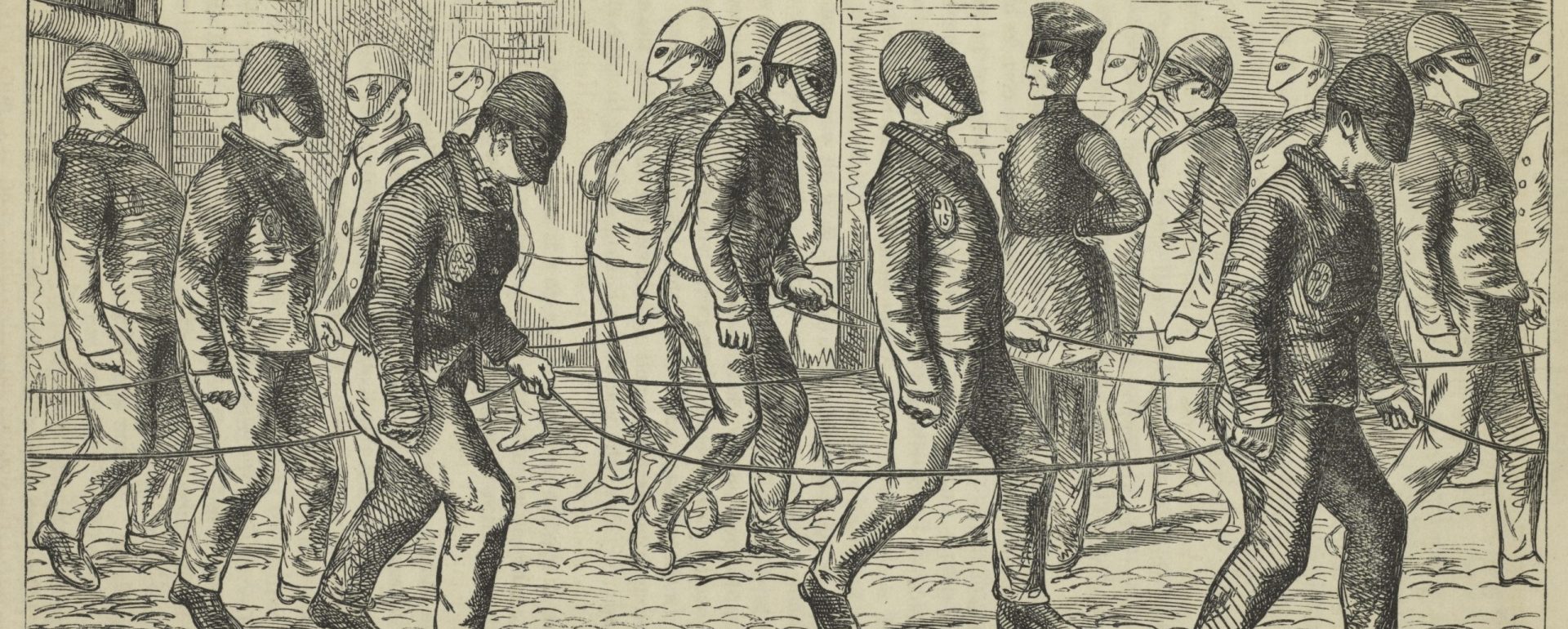“The best advice I ever got was that knowledge is power and to keep reading.”
David Bailey
Introduction

Recently, states across the U.S. are banning books in mass quantities – with Texas and Florida being hot on the radar. Banning books is not uncommon as schools have banned certain material based on if it is suitable for a specific age level or not. While many books are not found in certain levels of education, such as long wordy novels in an elementary school. The big issue is that books are being banned by vague laws which can criminalize these innocent books that are actually important and can be very educational.
https://www.pexels.com/photo/high-angle-photo-of-bookshelves-2925307/. High-Angle Photo of Bookshelves. Photo by cottonbro studio.
How books are being banned
Texas House Bill 900 passed the House with a 95-52 vote and it aims to ban sexually explicit materials from school libraries (Dey). At a glance, it may not seem like a problem; of course parents and guardians would not want their children reading sexually explicit material. If this bill was to be passed, it means that vendors who send out the books would have to assign ratings to these books based on the presence of depictions and or references to sex. In order for a book that contains sexual content to be permitted in school libraries, the board of education along with guardians, have to determine if the sexual content is relevant and taught by the school’s curriculum. On the other hand, for a book to fall under the category of “sexually explicit” the content has to be considered inappropriate under community guidelines (Hixenbaugh).

Florida’s House Bill 1557 and House Bill 1467 aims at the same goal to ban books that aren’t appropriate for children. In March of 2023, the Florida House passed a bill that would allow books to be removed from a child’s school library based on a single complaint if that book has sexual content from a parent or a county resident. What differentiates Florida’s bill from Texas’s is that the book would remain unavailable until the complaint was resolved, while in Texas that book would be removed overall (Mazzei et al.). There are also 2 other laws that contribute to books being banned. The first one is the “Stop WOKE Act” and it “ prohibits instruction on race relations or diversity that imply a person’s status as either privileged or oppressed is necessarily determined by his or her race, color, national origin, or sex.” (The Flordia Senate) which could potentially make students feel bad about themselves. The other law is the “Parents Rights in Education Law” which “prohibits classroom instruction on sexual orientation and gender identity in some elementary grades.” (Walsh).
Texas and Florida have the most book bans. Texas had 801 books removed from school libraries between July 1, 2021, to June 30, 2022 (Smith). In January 2023 alone, 76 books were banned in Florida. House Bill 900 in Texas has put up interpretations that are vague on what type of books should and shouldn’t be banned in school systems. With its vagueness, there are books that will fall under the description of not being suitable for children even if they are the target audience. If a book is based on being too violent or sexually explicit, it will be challenged and possibly banned under this bill.
https://www.pexels.com/photo/selective-focus-photo-of-pile-of-assorted-title-books-1148399/. Photo of Pile of Assorted-title Books. Photo by Alexaner Grey.
Why should we care about this?
With books being banned that are mainly about minority groups, including people of color or the LGBTQ+ community, they are erasing exposure to people of these groups. If information is being taken away about a topic, and someone does not want to learn about it either, they will stay away from the topic. Learning and teaching about the history and impacts of minority groups can help educate children and those children will have a greater ability to understand that diversity is everywhere around them. In addition, children are some of the most unbiased people unless they are taught to hate a group of people on purpose or have no understanding these groups even exist.
Book banning is also a form of censorship. When something is censored, it’s a form of that idea/information being suppressed. Censorship can happen at any level distribution or even publication (Chiesa et al.). The first amendment protects US citizens against censorship by the government, not by private citizens or organizations, which means although the first amendment protects the freedom to press and against censorship people can find loopholes to get around it.
How can you help?
There are multiple ways to help advocate against book banning. Being informed about what’s happing is always a good start. Find out about the local libraries policy for reviewing challenged materials and stay up to date with the news. A good, free, resource is the Intellectual Freedom News newsletter (Stroshane) from the American Library Association and another good resource is the Journal for Intellectual Freedom and Privacy. Taking part in the community also helps. Participate in banned book week, held by the American Library Association typically in early October. Banned Book Week educates people about censorship history while celebrating the freedom to be able read. It also tries to inspire people to explore and expand their knowledge on challenged books (Admin). Finally, use your voice. Advocate on social media platforms to share with friends, The Office for Intellectual Freedom can be contacted to report on challenged or banned books (Collis), or send a message or a card to a banned or challenged book author letting them know how their book(s) made an impact on you or someone around you.
Disucssion Questions
1.) What are your opinions on classic literature such as Adventures of Huckleberry Finn by Mark Twain, being banned for controversial topics?
2.) From what you’ve read already, can you see any positives about book banning?
3.) Who do you believe should be making the decisions on what books should and shouldn’t be banned in schools?
References
Admin. “Banned Books Week Press Kit.” News and Press Center, 28 Apr. 2023, https://www.ala.org/news/mediapresscenter/presskits/bbw#:~:text=Banned%20Books%20Week%20(September%2026,books%20in%20libraries%20and%20schools.
Chiesa, et al. “The Negative Effects of Book Banning in the Classroom.” Maryville Pawprint – Maryville Pawprint, Maryville University’s Student Newspaper, https://www.maryvillepawprint.com/the-negative-effects-of-book-banning-in-the-classroom/#:~:text=Banning%20books%20has%20a%20ripple,in%20knowledge%20for%20young%20learners.
Collis. “Challenge Reporting.” Tools, Publications & Resources, 24 Feb. 2023, https://www.ala.org/tools/challengesupport/report.
Dey, Sneha. “Texas House Passes Bill That Aims to Keep Sexually Explicit Materials out of School Libraries.” The Texas Tribune, The Texas Tribune, 19 Apr. 2023, https://www.texastribune.org/2023/04/19/texas-libraries-books-schools-legislature/#:~:text=Under%20House%20Bill%20900%20%E2%80%94%20a,now%20heads%20to%20the%20Senate.
Elizabethsmith. “The Top Books Banned in Texas Schools.” DFWChild, 18 Jan. 2023, https://dfwchild.com/top-books-banned-in-texas-schools/#:~:text=A%20surge%20in%20book%20bans,2021%20to%20June%2030%2C%202022.
“The Florida Senate.” Press Release – The Florida Senate, 1 Jan. 2023, https://www.flsenate.gov/Media/PressReleases/Show/4387#:~:text=DeSantis’%20%E2%80%9CStop%20Woke%20Act%E2%80%9D,%2C%20national%20origin%2C%20or%20sex.
Hixenbaugh, Mike. “Book Banning in Texas Schools: Titles Are Pulled off Library Shelves in Record Numbers.” NBCNews.com, NBCUniversal News Group, 1 Feb. 2022, https://www.nbcnews.com/news/us-news/texas-books-race-sexuality-schools-rcna13886.
Mazzei, Patricia, et al. “Florida at Center of Debate as School Book Bans Surge Nationally.” The New York Times, The New York Times, 22 Apr. 2023, https://www.nytimes.com/2023/04/22/books/book-ban-florida.html.
Stroshane, Eric. Intellectual Freedom Blog, 28 Apr. 2023, https://www.oif.ala.org/category/intellectual-freedom-news/.
Tolin, Lisa. “Florida Book Bans Are No Hoax: Here Are the Facts.” PEN America, 13 Mar. 2023, https://pen.org/florida-book-bans-not-a-hoax/.
Walsh, Mark. “What Do ‘Parents’ Rights’ Mean Legally for Schools, Anyway?” Education Week, Education Week, 1 Nov. 2022, https://www.edweek.org/policy-politics/what-do-parents-rights-mean-legally-for-schools-anyway/2022/10.
Webb, Susan L. “Book Banning.” Book Banning, https://www.mtsu.edu/first-amendment/article/986/book-banning#:~:text=the%20United%20States-,Book%20banning%20is%20the%20most%20widespread%20form%20of%20censorship%20in,they%20regard%20as%20potentially%20dangerous.

